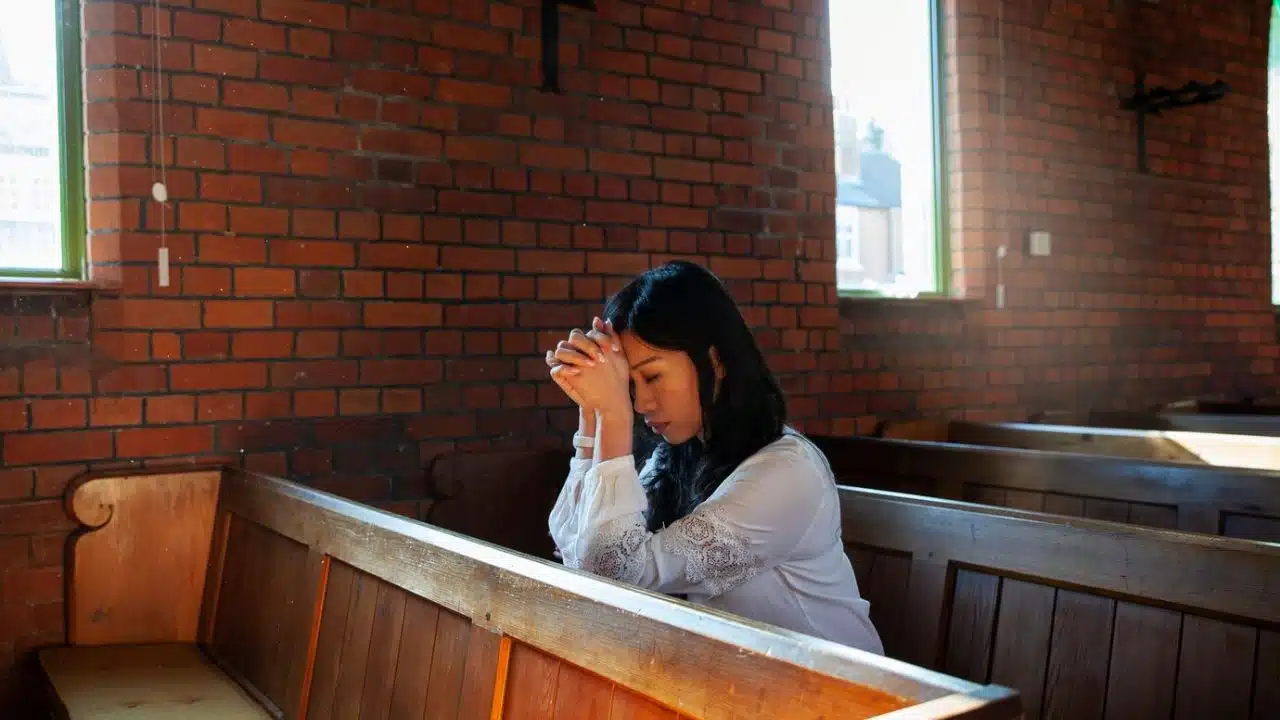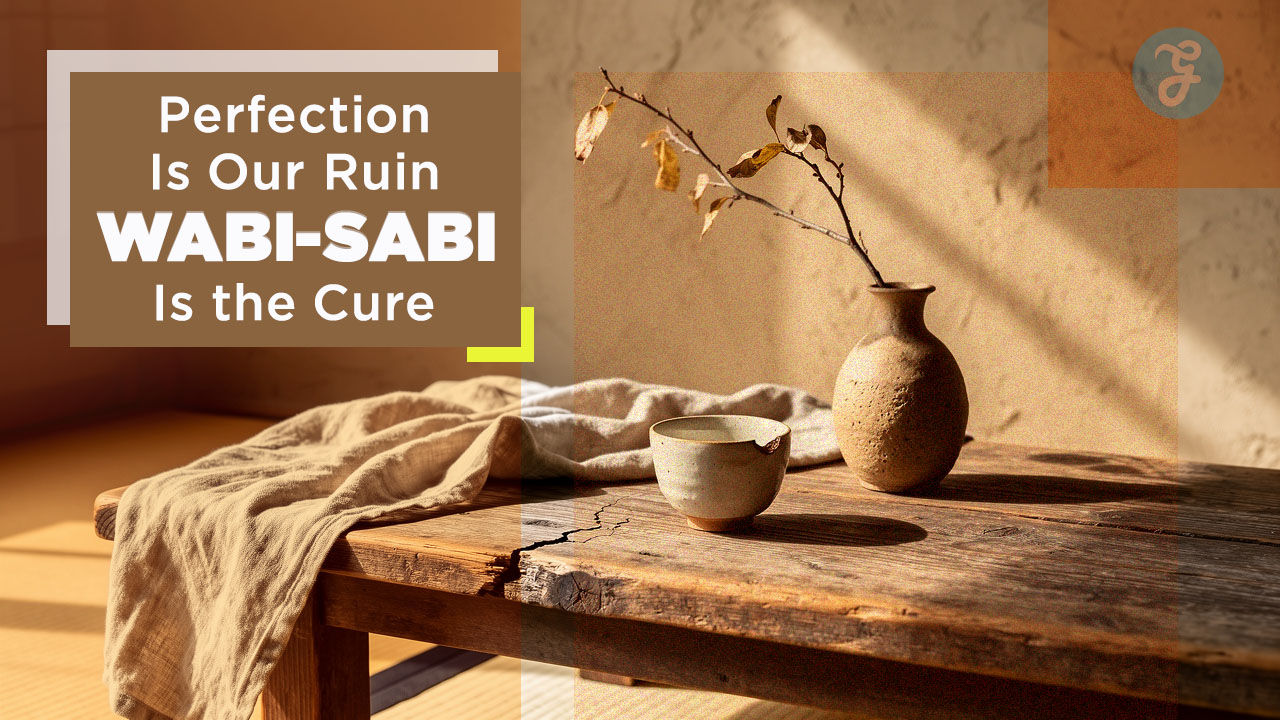Michigan, known for its resilient communities and deep cultural roots, has not been untouched by the troubling revelations of clergy sexual abuse. Across the state, survivors have begun to speak out, shedding light on the systemic issues within religious institutions that allowed such harm to persist. For many, these experiences raise pressing questions about accountability and the possibility of holding church organizations legally responsible for the actions of their clergy.
While pursuing justice can feel daunting, suing religious institutions offers survivors a way to seek reparation and advocate for institutional change. Such cases often require proving negligence or complicity, demanding a thorough understanding of the legal landscape. With the guidance of a Michigan clergy sexual abuse lawyer, survivors can better navigate this process, ensuring their voices are heard and their rights upheld. These lawsuits not only seek justice for victims but also promote safer spaces within religious communities for future generations.
Regulations Concerning Actions Against Organizations
Individuals seeking justice after experiencing clergy sexual abuse often face challenges navigating the legal system, as recourse options vary across jurisdictions. Some regions encourage victims to take legal action, including civil lawsuits against religious organizations. These cases typically involve proving negligence or wrongful behavior, requiring victims to present evidence that the institution was aware of the abuse or failed to implement adequate measures to prevent it.
Statute of Limitations
When deciding whether to take action or not, it’s crucial to think about the statute of limitations that determines the timeframe for filing a lawsuit. This deadline differs depending on where you’re in the details of your case. In some areas, the time limits have been extended to consider the lasting effects of sexual trauma on survivors who may take time before speaking up. It’s important for people to seek advice from professionals to grasp how these limits could impact their situation.
The Difficulties Encountered by Those Affected
Survivors of abuse by clergy face challenges when seeking justice for their experiences. Feelings of distress and fear of judgment may discourage them from seeking recourse. Moreover, religious organizations usually have resources that allow them to put up legal fights, creating a daunting situation for survivors. This emphasizes the importance of seeking assistance from support groups and legal experts to navigate through these difficulties.
The Importance of Having a Lawyer
It’s really important for victims to have a lawyer on their side when dealing with clergy abuse cases. Legal experts who focus on these cases can give advice to help victims understand the legal process better and put together a case. These professionals know all the details involved and can give victims the support they need to seek justice.
Influence on Places of Worship
Legal cases against religious groups serve a purpose: seeking justice for victims and ensuring accountability within these organizations is maintained in check. Taking action can push these groups to implement strategies that deter misconduct and create safer spaces for their followers. These lawsuits also have the potential to address problems that exist within circles and bring about impactful transformations within these communities.
Assistance Systems for Those Affected
There are organizations that offer assistance to those going through the legal process after being victimized by providing emotional support and access to resources in safe environments where individuals can open up about their experiences freely. Counseling services and support groups play a role in helping victims deal with the effects of abuse by connecting them with empathetic individuals who have encountered similar obstacles in their lives.
Financial Impact
In matters concerning victims, financial well-being is a factor to ponder, as legal disputes can come with hefty costs that deeply concern many people, including the monetary strain involved in pursuing justice. Some legal firms function based on performance, meaning they charge fees when they succeed in the case. Being aware of these choices can ease anxieties and motivate victims to seek justice without facing financial pressure.
In Summary
Navigating through the terrain is crucial for clergy sexual abuse survivors seeking justice. Hurdles may arise along the way; however, grasping the structure, obtaining legal assistance, and tapping into available support networks can empower survivors in their quest for retribution. Taking steps allows survivors to seek retribution and play a part in promoting safer religious settings. In essence, challenging these establishments requires bravery and can spark transformations that safeguard generations from injustices.







































